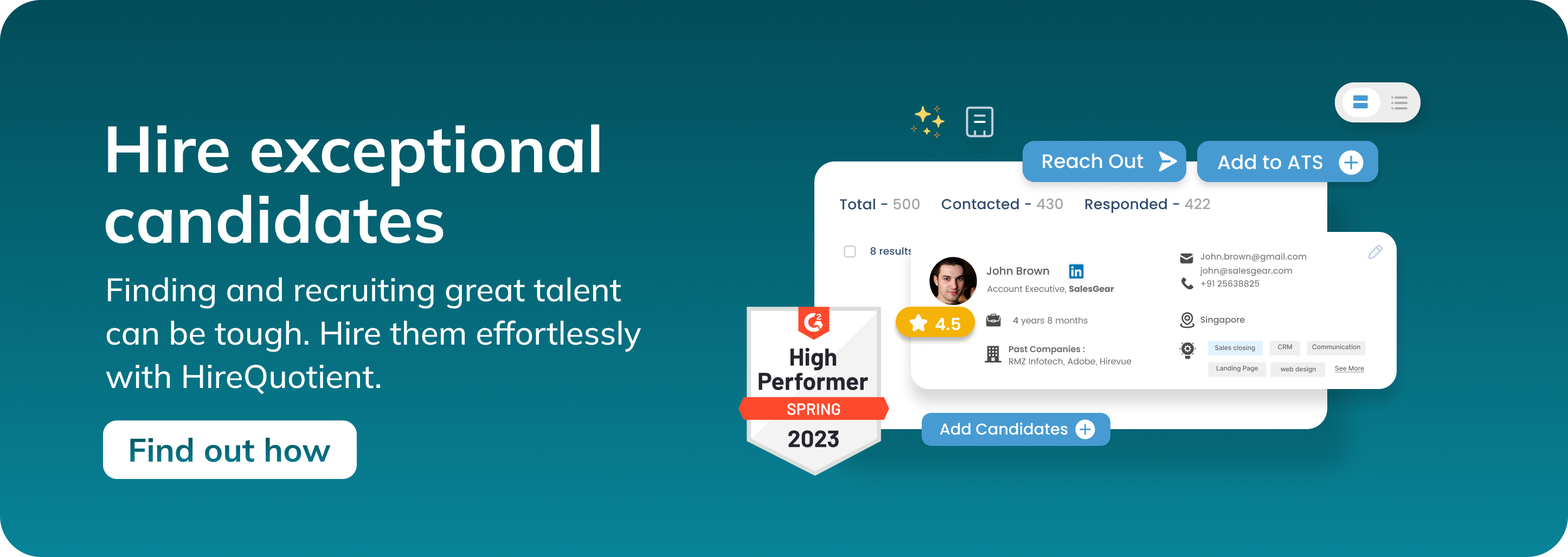What is an Exempt Employee in Ohio?
Published on June 6th, 2023
Ensuring compliance with state and federal labor laws is a critical responsibility for every HR and recruitment team. One key area of employment law that every hiring manager must be familiar with is the classification of employees as either exempt or non-exempt. This distinction is essential because it determines how an employee is paid, how overtime is calculated, and whether they are eligible for benefits.
In this blog, we’ll explore what it means to be an exempt employee in Ohio and how it affects compensation and job duties.
In Ohio, an employee is considered exempt if they meet certain criteria related to salary, job duties, and level of responsibility. The primary consideration for determining exempt status is the employee's salary. Under federal law, an employee must earn at least $684 per week or $35,568 annually to be considered exempt under any of the exemption categories.
Ohio also follows this standard minimum salary requirement for different exemption categories, such as administrative, executive, and professional exemptions.
To qualify for the administrative exemption, the employee’s primary job duty should involve office or non-manual work related to management or general business operations. Similarly, the executive exemption applies to employees who primarily manage the company's operations or direct the work of two or more full-time employees.
Also read: What if a Salaried Non-Exempt Employee Works Less than 40 Hours?
In Ohio, the professional exemption applies to employees engaged in work that requires advanced knowledge, such as law, medicine, science, accounting, engineering, teaching, or creative arts. For example, doctors, lawyers, architects, etc. are considered professional employees who satisfy exemption criteria.
It is important to note that job titles alone do not determine whether an employee is exempt or non-exempt. Instead, the key factor is the actual job responsibilities of the employee.
Therefore, an employee's classification as exempt or non-exempt may be job-specific, and each case should be analyzed individually to ensure compliance with Ohio state laws.

How EasySource come into the picture?
EasySource revolutionizes the recruitment process for exempt employees by introducing the world's first fully automated talent-sourcing tool. By utilizing advanced AI technology, EasySource streamlines the search for suitable candidates, allowing recruiters to effortlessly establish a robust talent pipeline.
This innovative platform offers a range of AI-based filters, including location, skills, education, experience, and US work authorization, facilitating the discovery of relevant candidates with unparalleled ease.
In addition to its impressive functionality, EasySource integrates Generative AI, empowering recruiters to send personalized messages to potential candidates across various platforms.
Automation further enhances this capability, making candidate engagement more efficient and effective. With EasySource, recruiters can amplify their LinkedIn searches, connecting with and engaging potential exempt candidates while eliminating the arduous task of sifting through countless resumes to identify top talent.
Conclusion
Employment law can be complex, and it’s essential to understand the implications of exempt and non-exempt classifications when making employment decisions in your organization. So, whether you're an HR professional, hiring manager, or employer in Ohio, it's important to stay updated on the applicable state and federal laws. To avoid legal penalties and compliance issues, it's always recommended to consult an attorney when making employment decisions or interpreting state and federal laws. Now that you're well-versed in exempt employee classification in Ohio, you're one step ahead in ensuring your organization stays in compliance.
Also Read:
What is an Exempt Employee in Arizona?
What is an Exempt Employee in California?
Authors

Radhika Sarraf
Radhika Sarraf is a content specialist and a woman of many passions who currently works at HireQuotient, a leading recruitment SaaS company. She is a versatile writer with experience in creating compelling articles, blogs, social media posts, and marketing collaterals.
Hire the best without stress
Ask us how
Never Miss The Updates
We cover all recruitment, talent analytics, L&D, DEI, pre-employment, candidate screening, and hiring tools. Join our force & subscribe now!
Stay On Top Of Everything In HR


